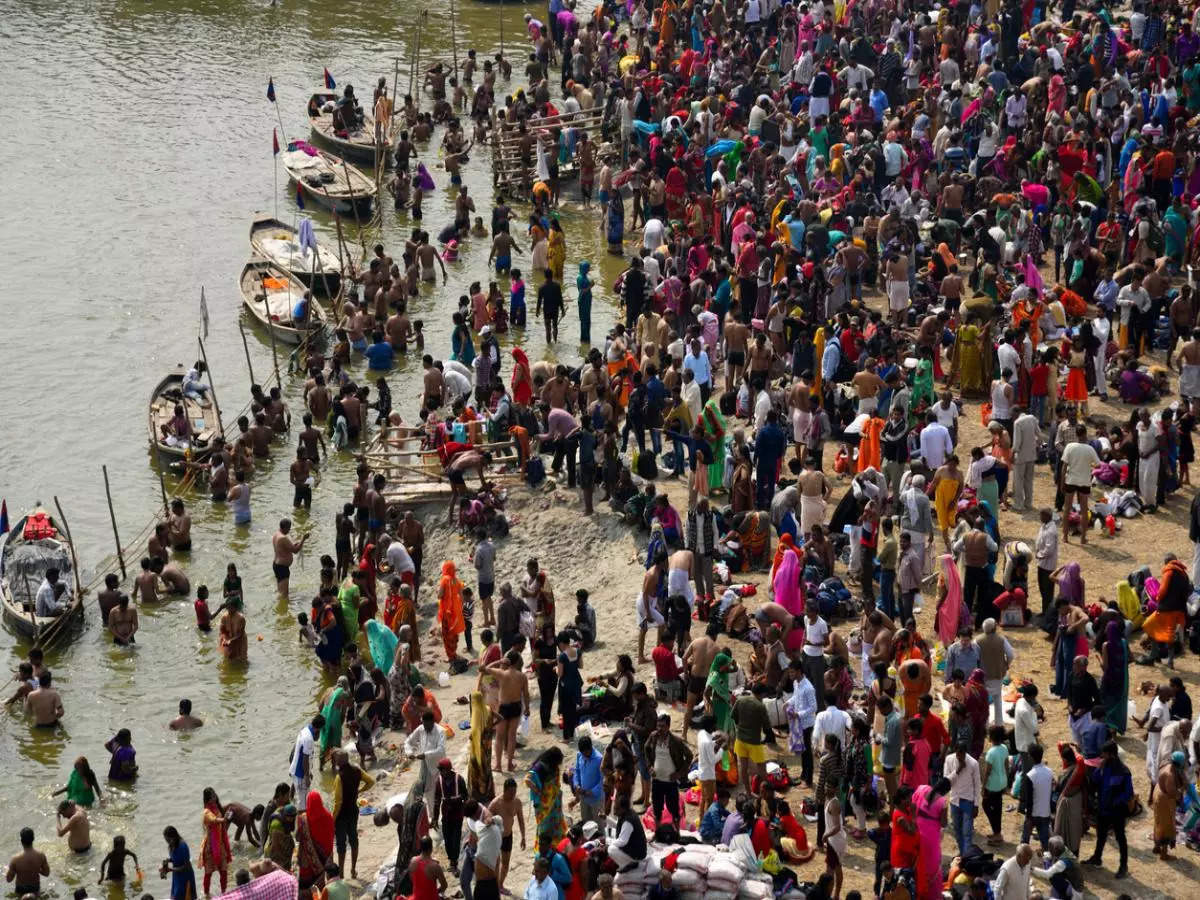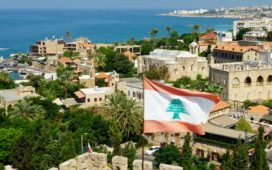
At least 30 people were killed and 60 injured at a pre-dawn stampede on the occasion of Mauni Amavasya, the most auspicious day of the Kumbh Mela, on January 29.
Singh added that several pilgrims were stopped at the city’s borders from January 28 onwards till January 30 and they were unable to come to the hotels. After news of the stampede spread, people began cancelling their reservations.
“As a result, 40-50 per cent of hotel rooms remained vacant,” Singh said.
Anil Kumar Gupta, owner of Prayag Inn, said that his hotel saw a 25 per cent cancellation rate. “We are requesting people to visit the Maha Kumbh after Basant Panchami, as vehicle movement in the city is expected to ease by then,” he said. Gupta noted that after Mauni Amavasya, many rooms in his hotel remained vacant as guests could neither arrive nor depart due to restrictions imposed because of the stampede. “For those who were stuck, we did not charge any fee for their extended stay as our rooms were unoccupied,” he added.
Harjeet Singh emphasised that the incident had a significant impact on the city’s hospitality sector. “Our concern is not just about cancelled bookings but also that pilgrims who had paid in advance could not reach us, and we couldn’t host them,” he said.
He urged the government to ensure better arrangements so that visitors could at least reach their hotels. “Expecting families with women, children and luggage to walk 15-20 km from the city’s border to their hotels was unrealistic,” he said.
Singh said, “It is unfortunate that devotees who intended to seek blessings at the Maha Kumbh were unable to do so.” However, he added that hotel bookings for post-Basant Panchami dates remain unaffected, and they are reassuring people that the situation in the city is now normal.
Singh also blamed social media influencers and YouTubers for exaggerating in their videos, creating unnecessary panic. “Many people were scared due to rumours, but after our clarification, several pilgrims have decided not to cancel their bookings,” he added.











